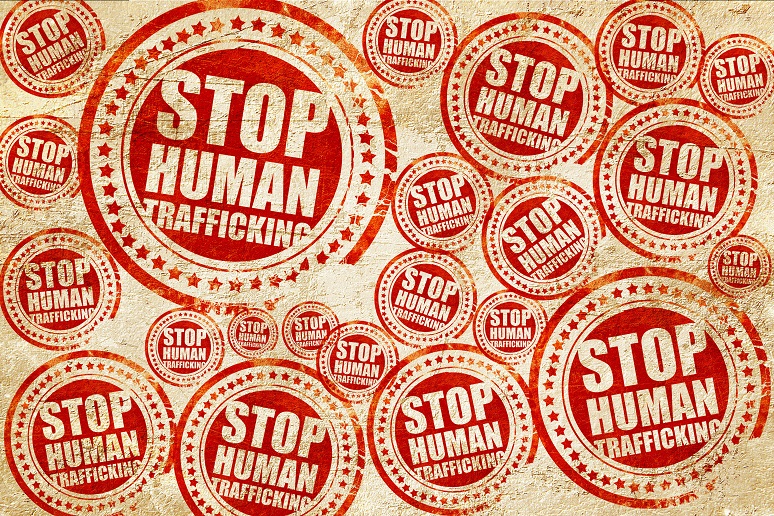The COVID-19 pandemic has negatively impacted many lives, particularly for those who are economically or physically vulnerable. And unfortunately, human trafficking remains “big business” in the U.S., as Anjana Rajan, CTO of Polaris, a nonprofit organization that operated the U.S. National Human Trafficking Hotline for nearly two decades, said during an interview with ZK Research.
Funded by the Department of Health and Human Services, the hotline has supported thousands of at-risk individuals and their families. Polaris has documented more than 65,500 instances of human trafficking and saw a 4,000% increase in direct calls from victims and survivors since 2007.
Overall, the hotline has handled more than 330,000 “signals,” a term Polaris uses to categorize all communication that comes through its various channels, such as calls, texts, chats, webforms, and emails. Staffed by 80 knowledgeable advocates, the hotline answers signals coming from different channels across the U.S. —24 hours a day, seven days a week.
“These advocates are highly trained. They provide not just emotional support, but they’re also building safety plans and connecting victims to different resources. There’s a tremendous amount of skill, talent, and tenacity that is required to work on this hotline,” Rajan said.
As advocates triage calls,
Amazon Web Services (AWS) technology is running in the background to prioritize callers based on the urgency of the situation. Polaris is using the AWS cloud contact center solution, Amazon Connect, to manage call volumes. Amazon Connect routes signals from individuals to advocates, and an AI-powered chatbot can redirect people with non-urgent requests to the web.
While prioritizing calls is essential whenever the hotline experiences activity surges, Polaris chose Amazon Connect because of its security. Misinformation about human trafficking incited cyber-attacks in the past, preventing critical calls from coming through the hotline. Moving to AWS has helped Polaris boost security and support individuals without interruption, said Rajan.
“For us, it’s not growth at all costs like any other organization. We are dealing with a threat landscape that is unprecedented, and data that is incredibly sensitive. Security is really a big part of the decision we make when it comes to choosing technology providers like AWS,” said Rajan.
Polaris prides itself on being a technology-enabled, data-driven organization. It’s in the process of building the largest U.S. data set on trafficking incidents. The data Polaris collects supports research on both sex and labor trafficking; workforce exploits are often overlooked. As a result, the work Polaris is doing with the hotline allows the organization to create cutting-edge programs that aim to change the underlying causes of trafficking.
However, as a survivor-centered resource, Polaris has to be mindful when capturing data about individuals that is not relevant to the initial crisis. Much thought goes into the data Polaris collects and why it’s being collected, Rajan added. The organization must consider the ethical use cases of its technology.
2020 was an especially challenging year. Polaris saw call volumes and texts skyrocket, as individuals were stuck home in abusive situations searched for the safest way to communicate. During COVID-19, trafficking cases increased by more than 40% compared to 2019, Polaris found in its recent report, “
Crisis in Human Trafficking During the Pandemic.”
The shelter-in-place directives also had a significant impact on Polaris as an organization. All employees moved to remote work environments and had to continue providing support to hotline callers. The smooth transition wouldn’t have been possible without AWS, said Rajan.
Despite the challenges, Polaris managed to launch its Financial Intelligence Unit in partnership with PayPal last year. Building off the Amazon Connect-powered hotline data, Polaris will work with financial services institutions to share knowledge on how traffickers use money laundering. The program could help banks, credit card companies, and payment processors recognize red flags faster and generate better leads for law enforcement.










